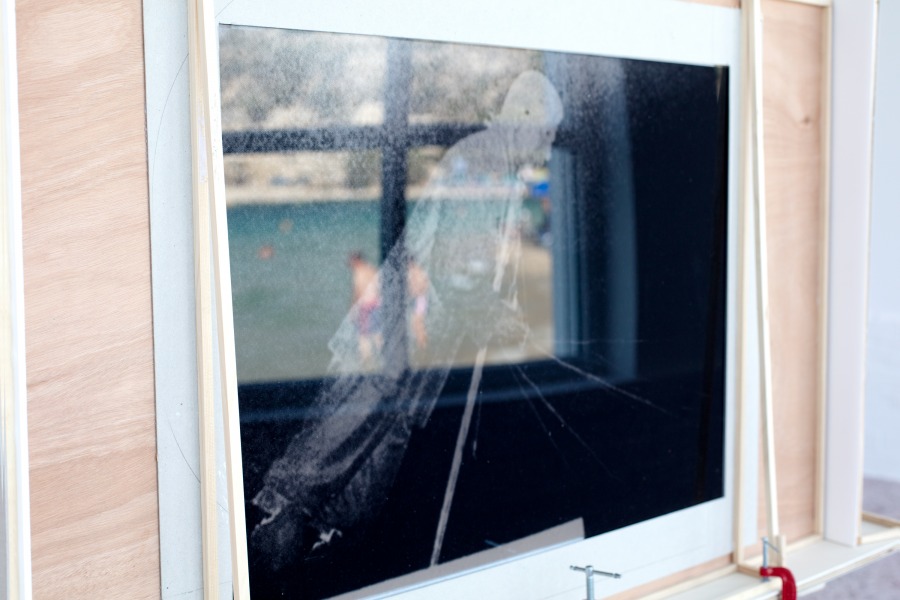Schwarz Foundation
Art Space Pythagorion
Samos (GR)
2018
“Anatomy of Political Melancholy”
Group show curated by Katerina Gregos
Bonheur immédiate (Instant happiness) (2009/2018) is an adaptation of an earlier work by Thu Van Tran, especially for the exhibition Anatomy of Political Melancholy. The multi-media installation, presented here as a maquette, originally went on display in the artist's solo exhibition Homme Livre – Homme Libre (The Book People) at Betonsalon – Centre for Art & Research in Paris. The project was a visual adaptation and artistic interpretation of the 1953 novel Fahrenheit 451, by Ray Bradbury (1953). The book is about a future society where reading is forbidden, where books are burnt once discovered and where people who want to save books have to learn them off by heart. The book’s political content projects a world without freedom or free will, evoking both previous historic events such as book burnings but also increasing illiberalism and control in the democratic, so-called free world. The artwork is a collection of objects and images whose iconography suggests things of promise – everything that a society considers ideal or holds in high esteem - that that are in danger of collapsing or have already collapsed. The maquette includes a bas-relief of a megalomaniac architectural social housing project in Paris which failed; the photo of a falling statue of Stalin, dismantled after the collapse of communism; and a dying bamboo plant covered by earth, and a silicone Anti-form sculpture, which suggests collapse. The maquette alludes to a theatre of the world, which amplifies an embellished reality that hides oppression and disillusionment. Referencing the social, the political and the environmental, the installation suggests in a both metaphorical as well as immediate way, the current climate of gloominess, pessimism and low spirits in all these domains. It points to the existential and identity crisis that Europe is currently facing, and the fact that the world of liberal democracies we take for granted is not a given, especially at a moment when nationalism and exclusionary identity politics are rekindling on the continent.












